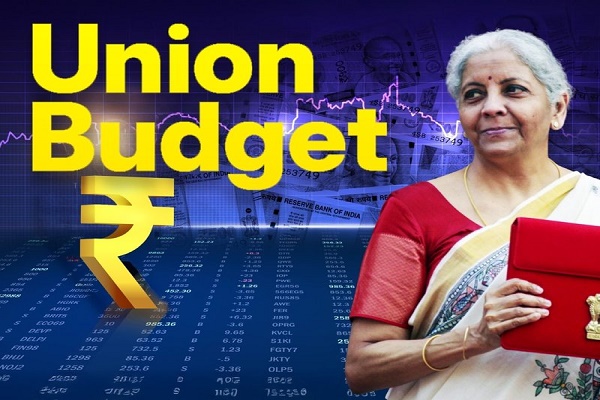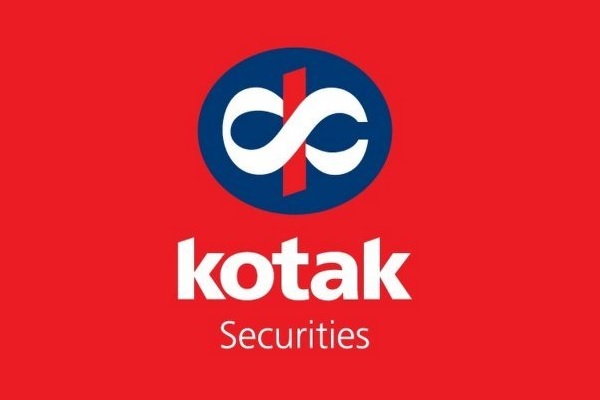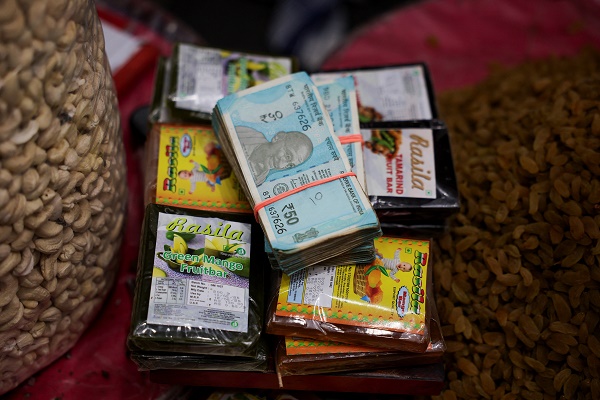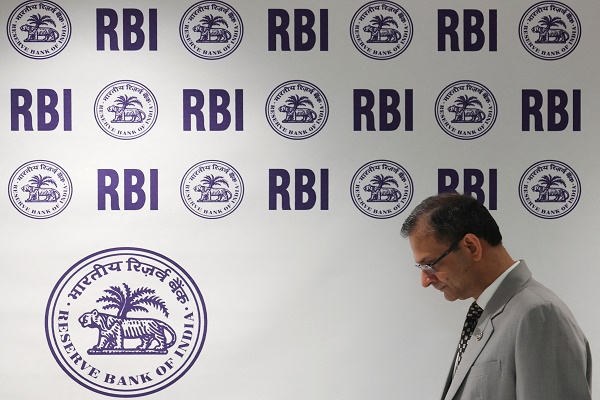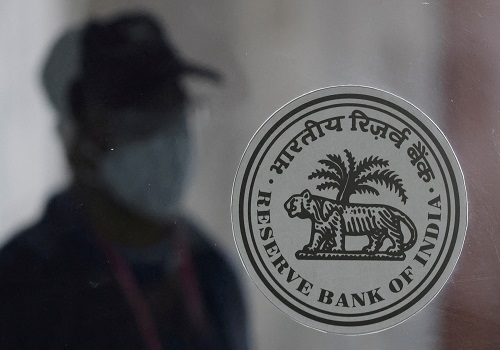Banks, NBFC stocks fall as RBI moves to curb risk in consumer lending
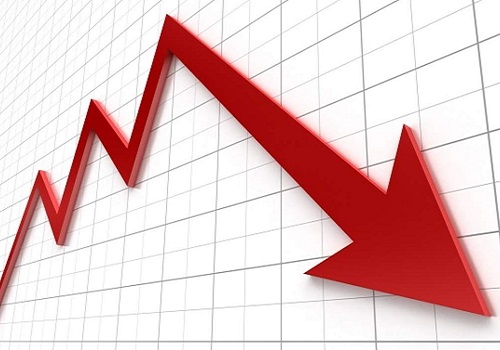
Banks and NBFC stocks are down sharply in trade on Friday after the Reserve Bank of India's (RBI) action raised the risk weightage on unsecured loans.
RBL Bank is down almost 7 per cent, AB Capital almost 6 per cent, SBI Card is down over 5 per cent, L&T Finance Holdings down more than 5 per cent, Ujjivan down more than 4 per cent, IDFC First Bank down more than 3 per cent, IIFL more than 3 per cent.
Among the heavyweights, Axis Bank is down 3 per cent, SBI is down 3 per cent, Bajaj Finance is down 1.8 per cent.
V.K. Vijayakumar, Chief Investment Strategist at Geojit Financial Services. said the RBI action raising the risk weighting on unsecured loans is sentiment negative for financials.
JM Financial Institutional Equities said in a report that RBI announced increase in risk weights towards consumer lending products and credit cards.
These two segments have witnessed significant growth over the past couple of years and the move is targeted to curb incipient risks building in these segments.
Also, in order to reduce reliance of NBFCs on bank lending, risk weights on bank exposures to NBFCs have also been raised.
The report said as per initial calculations, larger banks (HDFC, ICICI, Axis, Kotak, and SBI) seem to have potential overall impact of 70-80bps on CET1 ratios.
"Within larger NBFCs in our coverage Bajaj Finance has relatively higher impact given higher share of consumer credit in its asset mix. However, given the recent capital raise (Tier1 at 22 per cent post capital raise and post risk weight changes) and business model that allows strong RoEs without cross leverage of 6x we do not expect substantial changes to overall return profile.
"Amongst smaller NBFCs, Poonawalla Fincorp has an impact of 230-250 bps on Tier1 given higher share of unsecured loans and fully retail asset portfolio. However given its high capital adequacy (42 per cent prior to risk weight changes), impact on business is likely to be minimal," it added.
"With the move to raise risk weights on NBFC lending for banks, we expect cost of funds to inch up for most larger NBFCs (by 10-20bps)."
In its report, Motilal Oswal Financial Services said "the consumer segments, where risk weight has been increased, forms 10-16 per cent of loans for our coverage banks".
The RBI has also increased risk weight for banks lending to NBFCs by 25 per cent, excluding loans to housing finance companies (HFCs) and loans to NBFCs, which are eligible for classification as priority sector.
"We believe that after the revision in risk weight, lenders could increase interest rates on these products to offset the impact on profitability. The cost of borrowings for NBFCs will also go up as banks look to increase lending rates while higher risk weight leads to higher capital consumption.
"Our estimates suggest a 30-85bp impact on capital ratios (barring SBI Cards) on account of the increase in risk weight. Our calculations suggest the impact to be maximum for RBL/HDFCB/ICICI at 84bp/72bp/64bp, while SBI Cards remains the most vulnerable with a 416bp impact," the report said.





